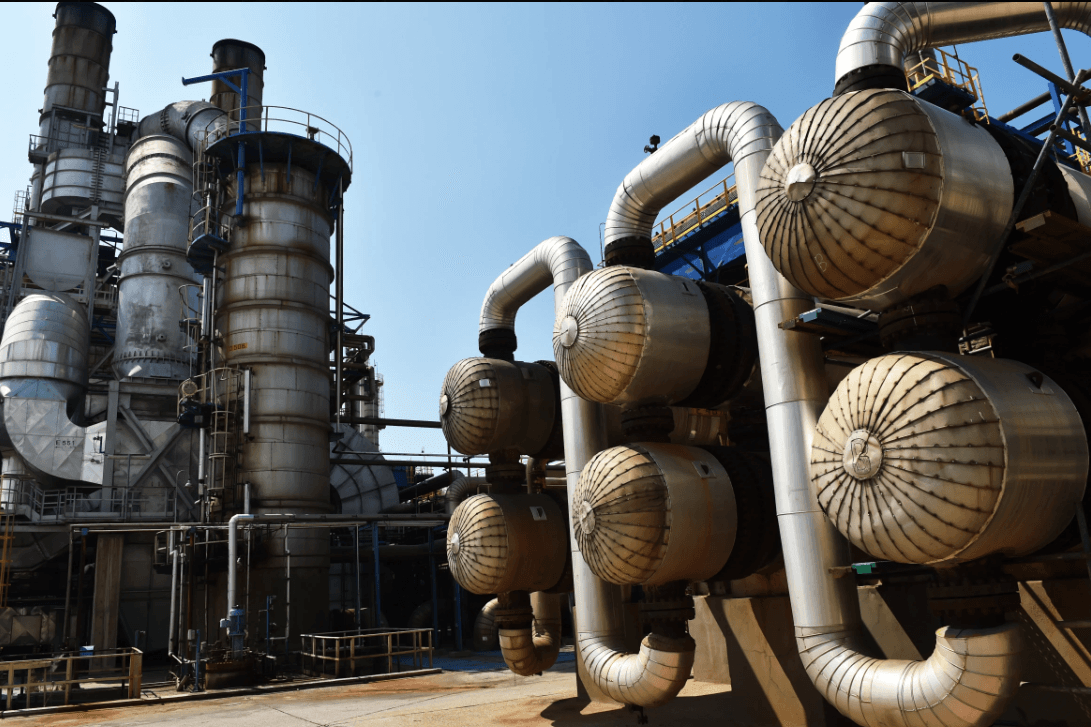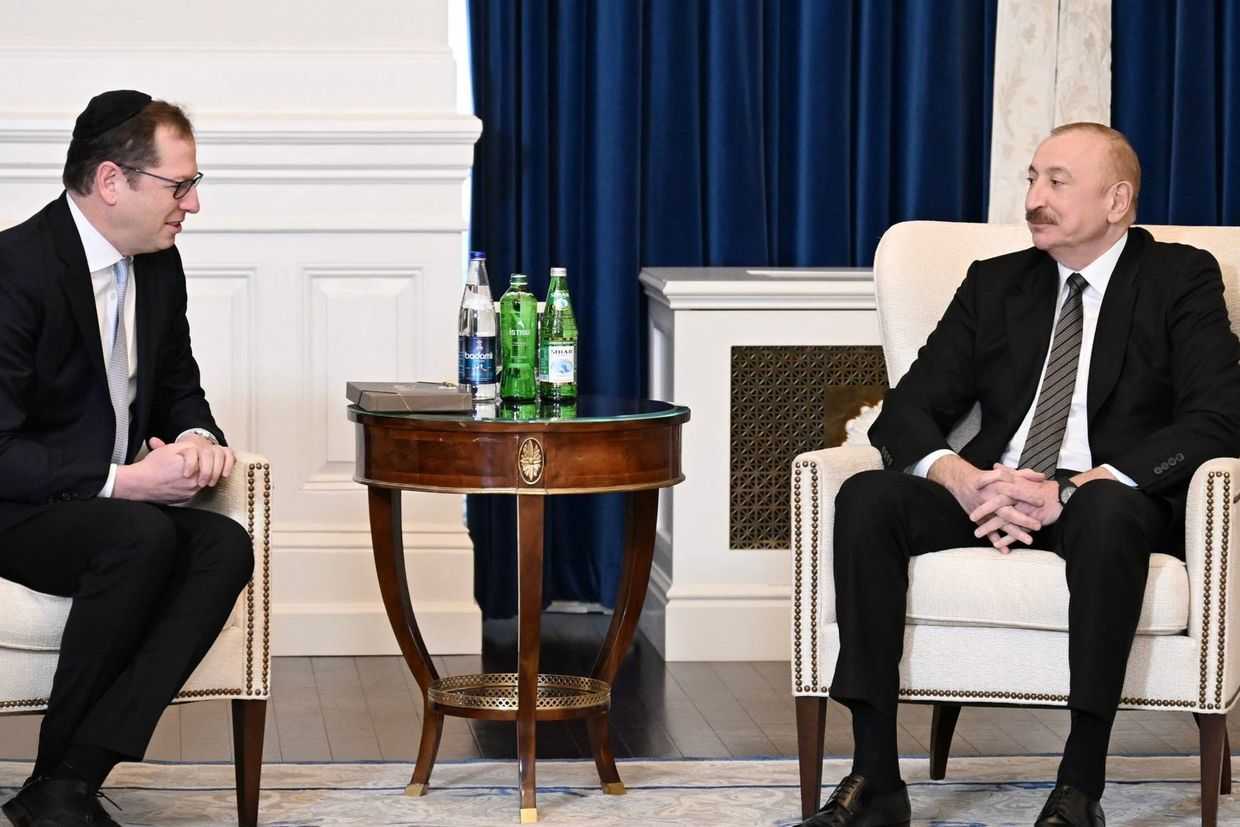
Azerbaijan’s state oil and gas company, SOCAR, has reportedly signed a 10-year contract to supply Germany with gas.
According to Azerbaijani state media outlet Azertac, SOCAR signed the agreement with Germany’s own state-owned energy company, Securing Energy for Europe (SEFE).
Under the agreement, SOCAR will reportedly supply natural gas to SEFE in Europe, with annual volumes set to gradually increase to approximately 1.5 billion cubic meters (bcm) per year.
Azertac wrote that this cooperation would support investments in production and infrastructure, including gas compressors, enabling the delivery of more pipeline gas to Europe and ‘contributing to the continent’s energy security’.
In a press release published by SEFE, the company said that deliveries under the contract would start in 2025.
CEO Egbert Laege said that the contract was a ‘testament to the strong relationship between Germany and Azerbaijan’.
‘With this partnership, we are establishing a new route for significant gas volumes to reach Europe, thereby diversifying our portfolio and increasing the security of supply of our customers’, read the statement.
According to the company’s website, SEFE is an international energy company owned by the Federal Government of Germany, providing energy to 50,000 customers.
Rovshan Najaf, the president of SOCAR, also praised the agreement, saying that it would ‘contribute to Europe’s energy diversification and sustainable growth goals’.
Speaking to OC Media, Azerbaijani energy analyst Ilham Shaban said that the agreement was positive for Azerbaijan, because ‘after the agreements on the Shah Deniz-2 project, we actually did not have long-term gas agreements with European countries and companies’.
‘The signing of a commercial agreement with SEFE, which is fully controlled by the German federal government, is an expression of the assessment of Azerbaijan as a stable supplier of energy resources by a leading European country, as well as an expression of trust in SOCAR’, said Shaban.
‘Both companies’ statements indicate that they will purchase Azerbaijani gas via pipelines. But this does not mean that Azerbaijani gas will be supplied to Germany via pipelines’, he added.
He stated that SEFE had energy assets in many European countries and could purchase gas, convert it into electricity on site, and supply energy to its consumers.
In September 2024, Bloomberg quoted SEFE CEO Laege as saying that his company was looking to expand its supply base before being privatised by the end of 2028.
They wrote that SEFE was created in 2022, following Russia’s invasion of Ukraine, with Berlin nationalising the German operations of the Russian state owned Gazprom PJSC. They added that the company mainly provided gas to ‘large customers and has a share of almost one-eight of the western European market’.
Following Russia’s invasion of Ukraine, Azerbaijan emerged as a possible alternative source of energy as the EU moved to shun Russian energy. However, many have expressed concern that Russia was ‘laundering’ its own gas through Azerbaijan.
The EU has also come under pressure for its close relationship with Azerbaijan, despite the country’s human rights record, and ongoing crackdown against the few remaining critics inside the country.











